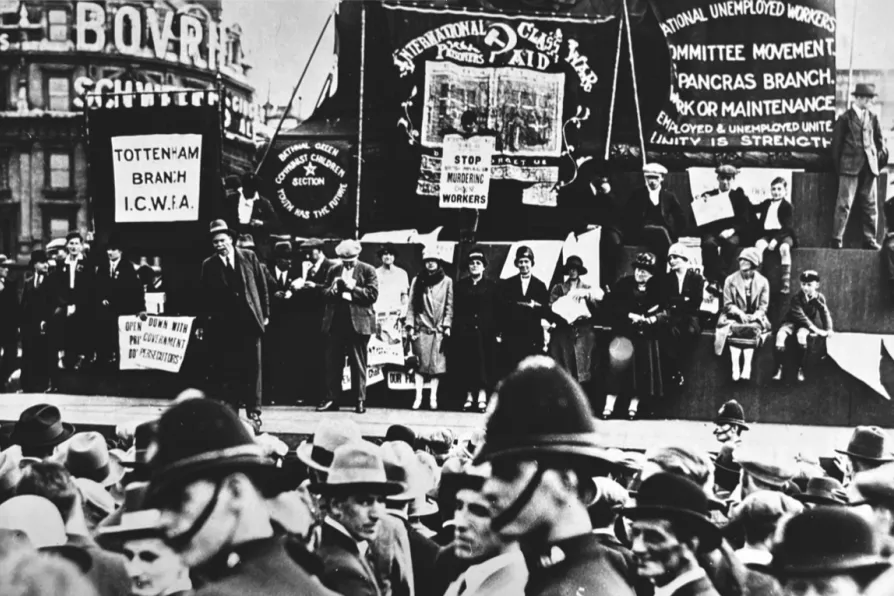John Wojcik pays tribute to a black US activist who spent six decades at the forefront of struggles for voting rights, economic justice and peace – reshaping US politics and inspiring movements worldwide


TOM MANN now threw himself into the issue of unemployment, becoming president of the National Unemployed Workers’ Movement.
It put him in firing sight of the state, which used brutal repression and intimidation against the unemployed. On April 12 1931, he chaired a National United Front Conference.
Given the circumstances and the desperation in the country at unemployment benefit cuts, wage cuts and destitution, the attendance was a large and significant representation of the forces that had managed to survive the defeat of the miners, the capitalist onslaught and the Great Depression.

ANDY CROFT welcomes the publication of an anthology of recent poems published by the Morning Star, and hopes it becomes an annual event

Maggie Bowden was a trailblazing campaigning lawyer at Birnberg and Thompsons, women’s organiser of the Communist Party, and general secretary of Liberation

Corbyn and Sultana’s ‘Your Party’ represents the first attempt at mass socialist organisation since the CPGB’s formation in 1921, argues DYLAN MURPHY

PHIL KATZ describes the unity of the home front and the war front in a People’s War









